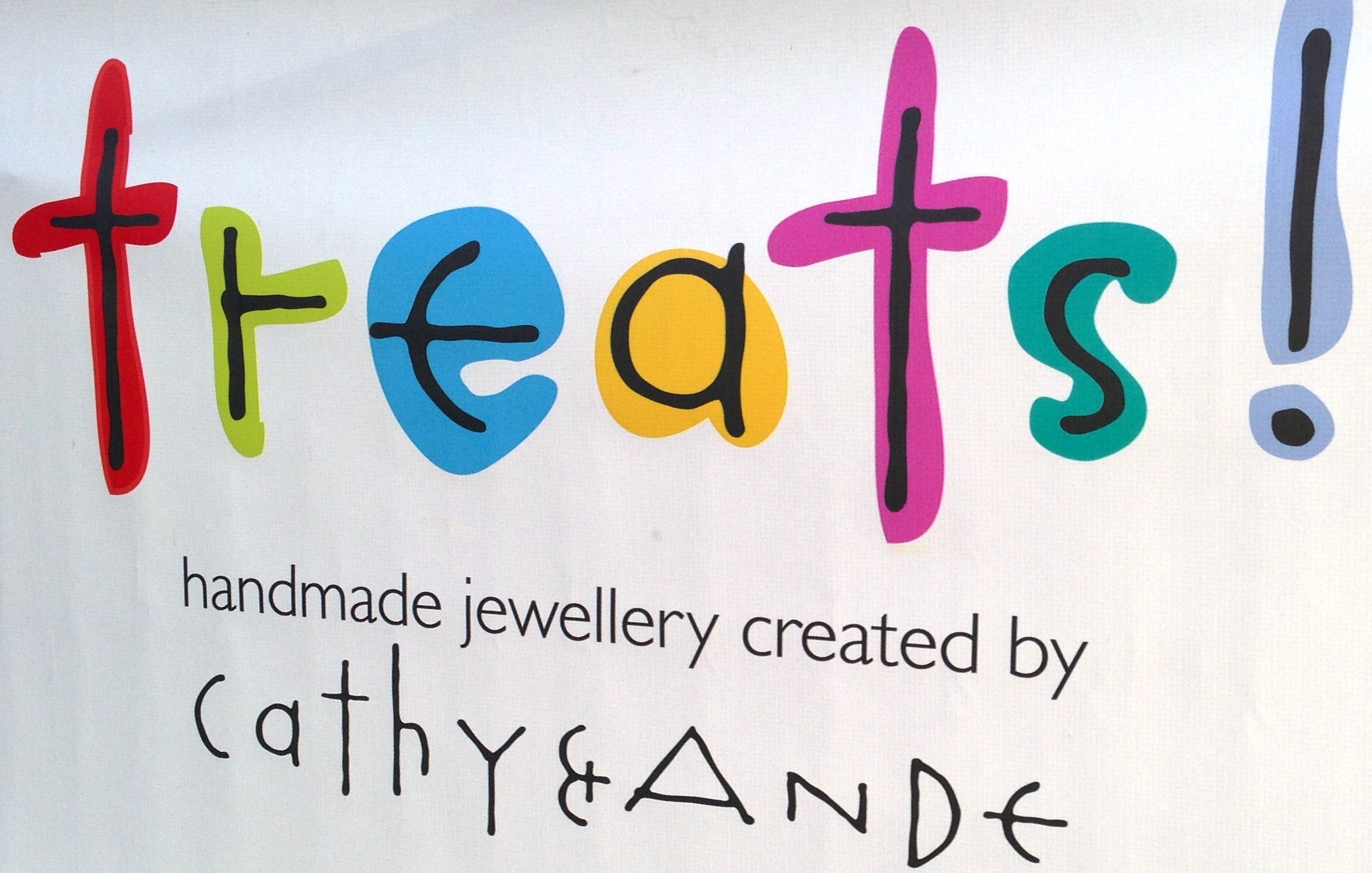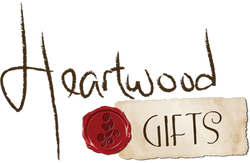Product Description

A little bit of whimsy and oh so cool! This unique one-of-a-kind Tagua Nut Choker is handcrafted in Vancouver, BC by Treats Jewellery. Very Lightweight, exotic and bold, this piece is for the woman who is confident in her style and not afraid to wear a bit of color.
Each green-dyed (non-toxic, of course) Tagua nut is unique and will display its own natural occuring characteristics such as grains and knots, all leading to the natural beauty of the piece. Color shade will also vary depending on lighting conditions.
Tagua nuts are smooth to the touch and warm to the skin, so they do not irritate. Also called "Vegetable Ivory", they are natural and sustainable. Harvested from the nuts of the endangered Tagua Palm tree, which grows in South America, Tagua nut production employees hundreds of families in rainforest communities.
Includes an 18" coloured wire choker with lobster clasp and product explanation card about Tangua.
You likely haven't heard of Tagua before, so here is a bit more information so you can appreciate your new find even more!
- Tagua is a palm that grows wild throughout South America, primarily in Ecuador and Colombia.
- It prefers the lower elevations of rainforests, so growing and harvesting tagua is one way of preserving rainforest land.
- It takes up to 15 years for the palm to produce its first nuts.
- Each tree produces 20-50 lbs of nuts per year. The nuts take 6-12 months to ripen and harden, until they are the colour and hardness of bone ivory.
- Once mature, a tagua palm will produce nuts for up to 100 years.
- During colonization in the 1700s, Europeans observed indigenous people carving tagua nuts. Soon enough, tagua was used to make buttons, umbrella handles, combs, chess pieces, piano keys, utensils, and more.
- Beginning around 1900, tagua exporting became a major industry in Colombia and Ecuador.
- Some of the buttons on US military uniforms in WWI and WWII were made of tagua.
- As plastic became more popular in the 1950s, demand for tagua declined and the export industry collapsed. However, today some companies still use tagua buttons. A few well known brands are: J Crew, BCBG, Clavin Klein, Ralph Lauren, among other name brands.
- Supporting a sustainable industry that preserves rainforest land is also a big plus in using tagua.

















